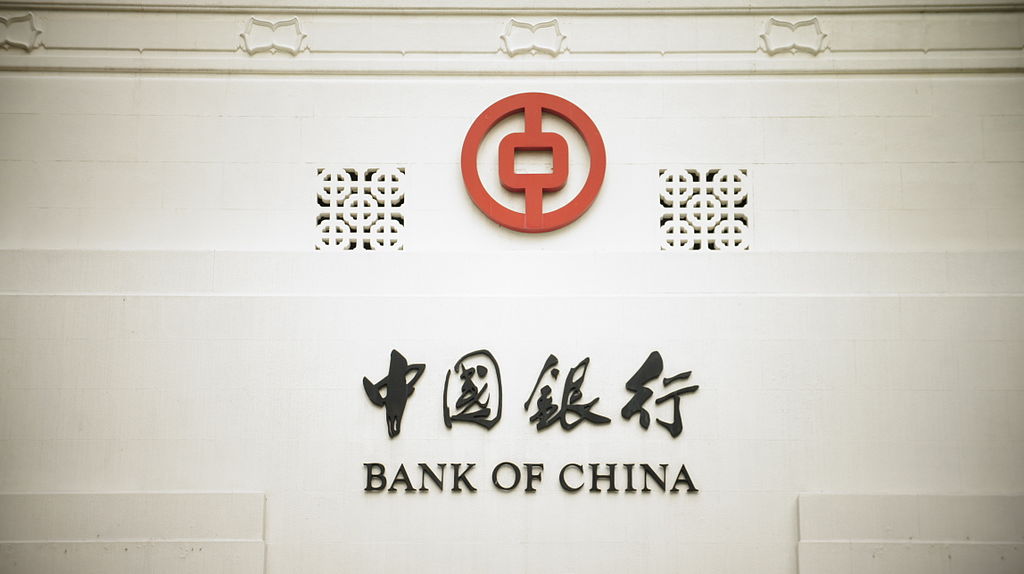Countries in Latin America and sub-Saharan Africa have taken out at least $152bn in oil, mineral and metal-backed loans from China since 2004, money that has contributed to crippling debt levels, according to a report on Thursday by a Washington-based non-governmental organisation.
The Natural Resource Governance Institute (NRGI) calculated that, including loans from other countries such as Russia and global commodity traders, the total amounted to $164bn.
Two Chinese state banks, China Development Bank and Exim Bank, alone accounted for 77 percent of all the loans, the NRGI said in its report.
Some analysts have raised alarm bells in recent years over debt in emerging markets, which has more than doubled to $72 trillion over the past decade, while the International Monetary Fund (IMF) says the number of countries in, or at risk of, debt distress has risen steadily.
The NRGI said such loans appealed to developing countries that have limited access to global capital markets. However, the advantages, such as cheaper terms, were undermined by weak governance and opaque conditions.
"While these loans have often provided much-needed infrastructure, such as roads and hydro-dams, in many cases they have led to crippling levels of debt and the risk of losing collateral that is itself worth more than the value of the loan," wrote co-author David Mihalyi, a senior economic analyst with the NRGI.
These loans make up significant portions of countries' gross domestic product (GDP), a key measure of economic output. Where they account for more than 10 percent of GDP, NRGI found that they were cited by the IMF as key contributors to debt sustainability problems.
For instance, the oil price crash in 2014 hit the Republic of Congo and Chad in Africa hard and they were unable to allocate physical cargoes of crude for debt repayments while also maintaining sufficient income.
To secure an IMF bailout, Chad had to restructure its oil-backed loan with Swiss-based mining company Glencore with the help of banks, which it succeeded in doing in 2018.
Congo was also granted a conditional rescue plan last year worth $2bn from the IMF and other lenders, but these payments have been frozen since government discussions with Glencore and commodity-trader Trafigura hit a wall.
Another significant risk was that the funds were often made available outside the government's regular budget process, the NRGI's report said.
"Off-budget spending is not subject to the normal budgetary safeguards such as national investment planning, national debt strategy, parliamentary scrutiny, national procurement procedures and the auditing of execution by the appropriate government agencies."
For instance, fewer than half of national oil companies publish audited financial accounts, and only a few of those report on how they spend their proceeds in any detail, the NRGI said.
Among the 52 loans examined by the NRGI, the interest rate could be identified in only 19 cases.
In Ghana, the IMF has warned that a planned increase in bauxite output to meet repayments for a $2bn loan from the Chinese state firm Sinohydro may not be possible.
Elsewhere, Guinea has signed for a $20bn loan worth 200 percent of its GDP, also backed by bauxite production - although a significant portion has not yet been drawn down, NRGI said.
NRGI noted that, while bauxite output had started in Guinea at the concessions to the Chinese that are part of the deal, there was little public information on how repayments would be made.
Along with the IMF, the ratings agency Moody's has also raised concerns about lending in sub-Saharan Africa.
"The lending terms ... can be less transparent and predictable. They can also be complex when debt is collateralized ... as in the case of commodity-backed facilities in resource-dependent countries," Moody's said in a recent note.
"In the absence of conditionality on structural reforms, the economic returns of non-traditional bilateral lending may be lower than if accompanied by policy reforms."
SOURCE: Reuters news agency



